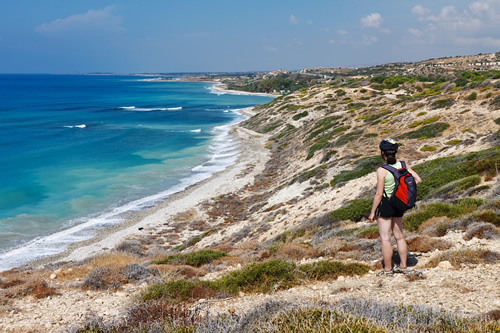Tips for Staying Healthy Abroad
By Janet Boehme
 |
| It is always wise to be prepared for your travel overseas. |
-
Wash your hands after using the restroom or before preparing or eating food. You may not always have access to soap and water, so carry waterless soap with you and use it often. Never use the community cloth towel, common in many restrooms; if there are no paper towels or dryers, air-dry your hands.
-
When in doubt, don’t drink the water. This is old advice, but sometimes it is difficult to follow. Shops may be closed when you need water, so buy a water bottle that filters while you drink. SafeWater Anywhere bottles or Exstream Water Purification bottles can be purchased at sporting goods.
-
Wash fruits and vegetables with soap and water. If you can’t wash them properly using soap and treated water, buy fruits that can be peeled or cooked.
-
Never rinse eating utensils in untreated water; never brush your teeth in untreated water.
-
Avoid foods that appear to be improperly refrigerated. Avoid cream desserts, pies, or meats that look suspicious.
-
Take your prescriptions with you in their original container. Then, put the container in a zip-lock bag. Many medications will deteriorate from humidity.
-
Carry a small first aid kit. Buy one with the items you will need where you are going and for the activities you will be pursuing.
-
Take Tylenol, Motrin, or something similar for headaches, achy muscles, or menstrual cramps.
-
An antihistamine, such as Benedryl, will help itching and swelling if you get a rash, allergy, or bug bites, and it is useful as a sleep aid.
-
Immunize against Hepatitis A before you leave on your trip. This protects you against a common food-borne virus. The immunization requires two shots, six months apart. If you do not have time to get both before you leave, one injection will give you some protection. While you are at the clinic or your healthcare provider, update your tetanus booster and inquire about other recommendations for immunizations, depending on where you will be traveling.
-
If an anti-malarial medication is recommended, be sure that you get this in advance, as it will be necessary to take it before you leave and after you return.
-
Check with your medical insurance company about your coverage while traveling and carry your card. If you do get ill, it will most likely be a gastrointestinal illness. Lay low for a day or two and drink only clear liquids, such as tea or a carbonated beverage. Add some bananas when you feel better because they are easy to digest and contain potassium. If the diarrhea is severe or bloody, seek medical assistance immediately. You could become severely dehydrated.
JANET BOEHME is a nurse and freelance writer who lives in Seattle, WA.
|
